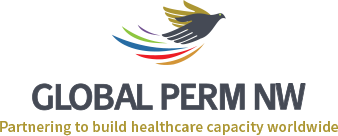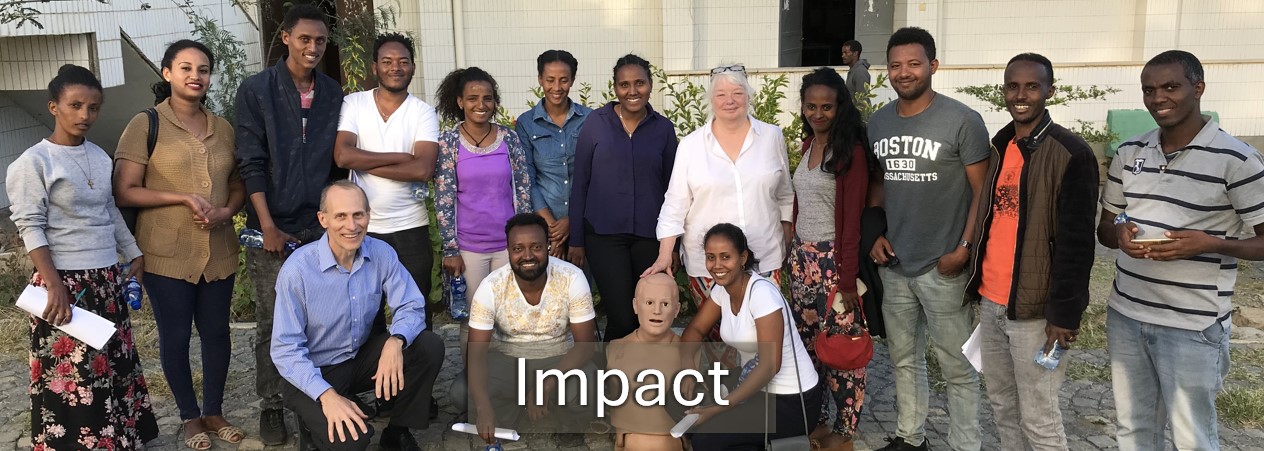
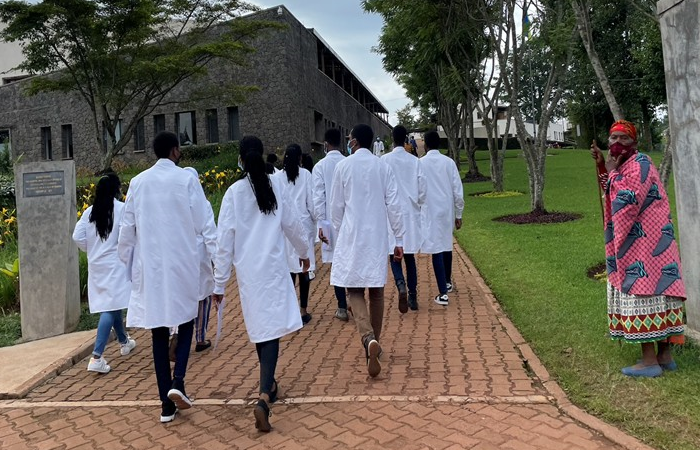
Rwanda: Training physician-leaders for the rural poor in Africa
Global Perm NW helps to recruit US physicians to volunteer as faculty at the University of Global Health Equity in Rwanda (UGHE). UGHE is creating a new generation of dynamic physician-leaders who will improve the lives of ordinary people in Africa.
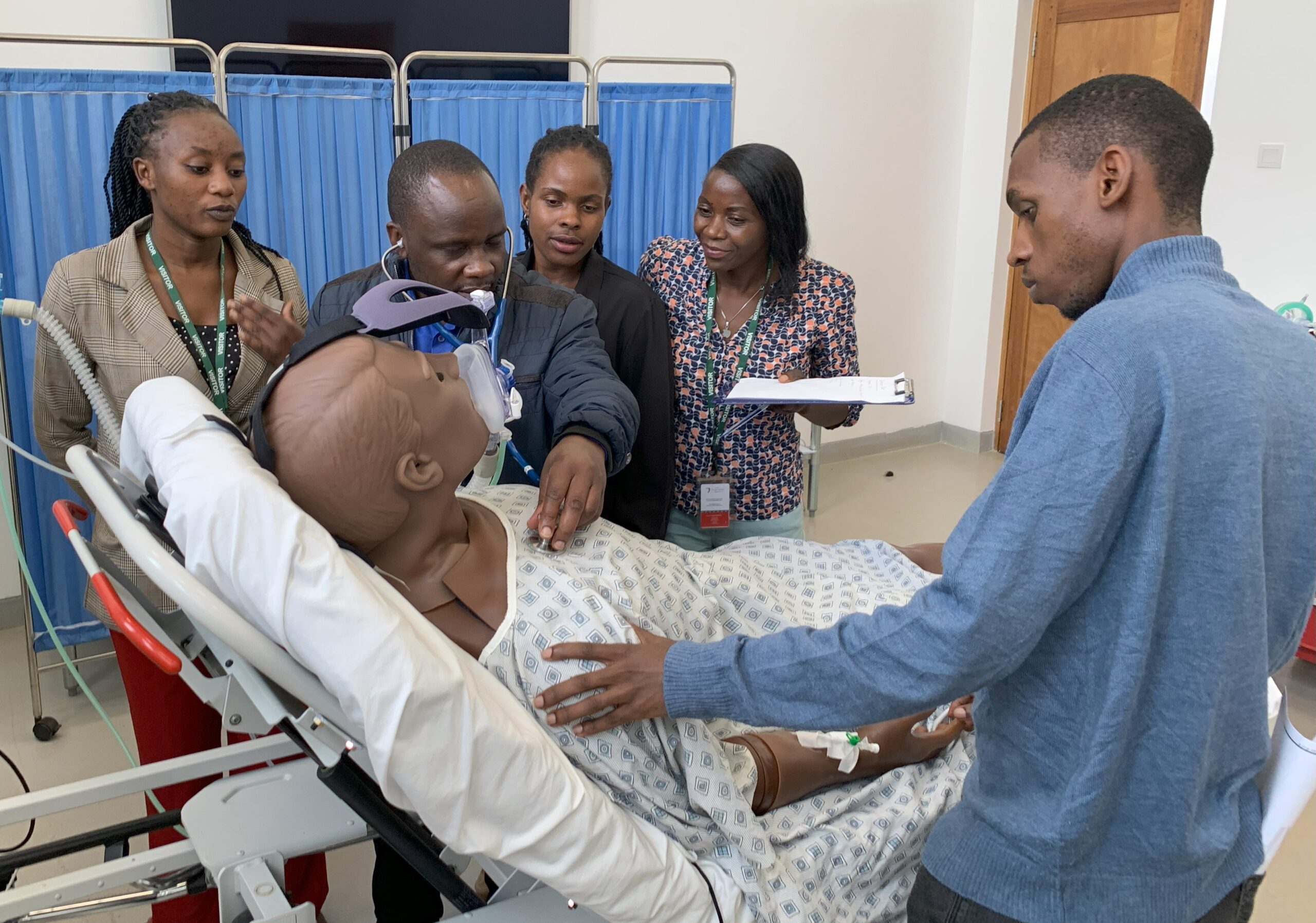
Rwanda: Building healthcare capacity
The Global Perm NW team is helping to introduce critical care services at a rural hospital in Rwanda. In doing so, we are creating a toolkit of training and implementation materials that may be used in other sites throughout Africa.
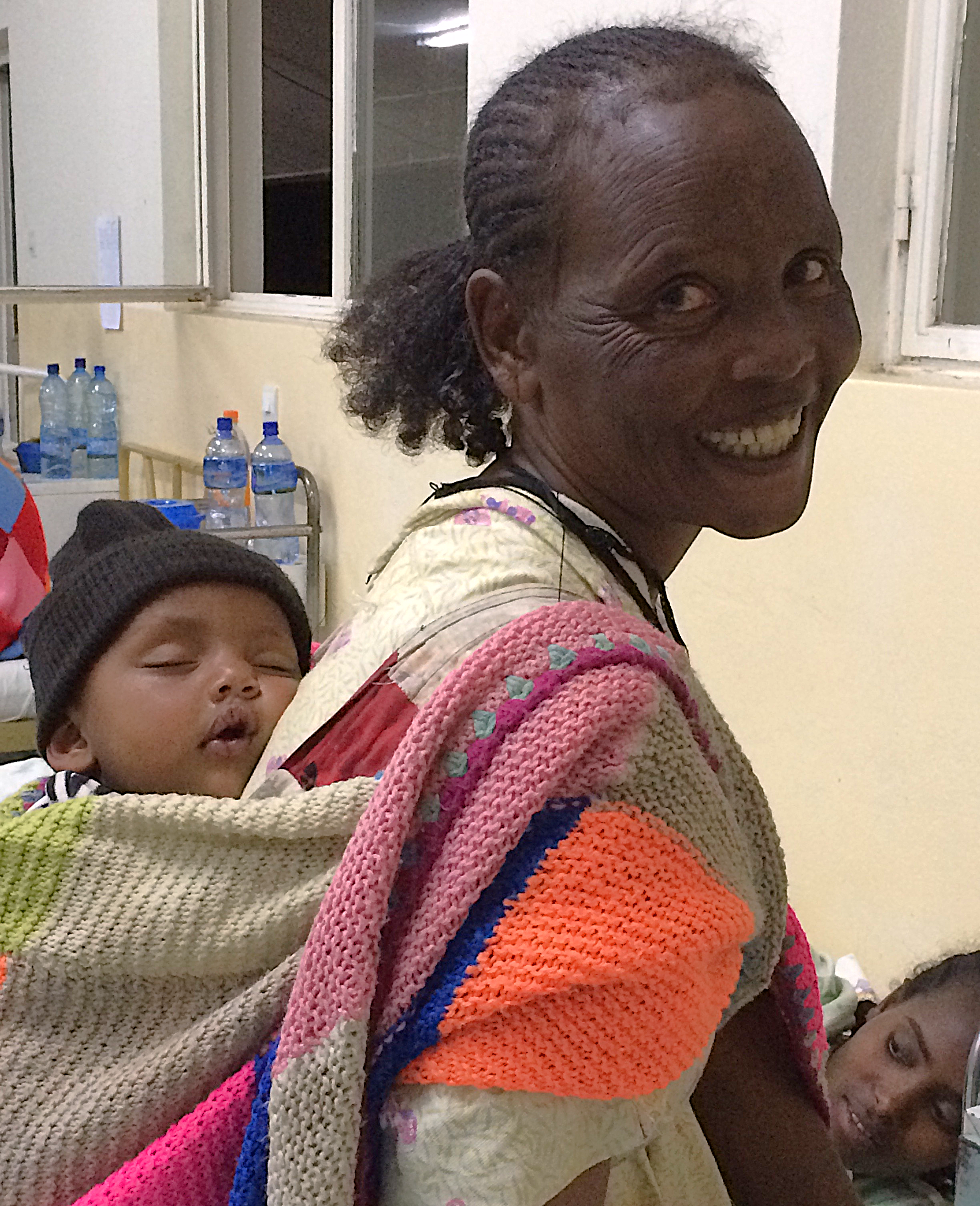
Ethiopia: Restoring vital maternal care for women
Maternal health in northern Ethiopia was severely disrupted by a 2-year war. Pregnant women, mothers, and their families were hurt. Our long-term partners in Ethiopia had ideas for how to begin to recover. Global Perm NW provided financial support for the work. The impact was incredible.
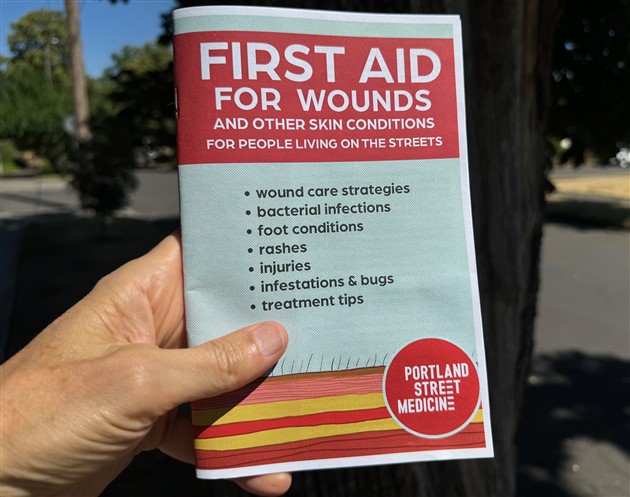
USA: Portland Street Medicine
We are immensely proud of the innovative work that has been done to create a program of self-care and peer-care for unhoused people in Portland. The program has become a model for other cities, expanding its impact.
